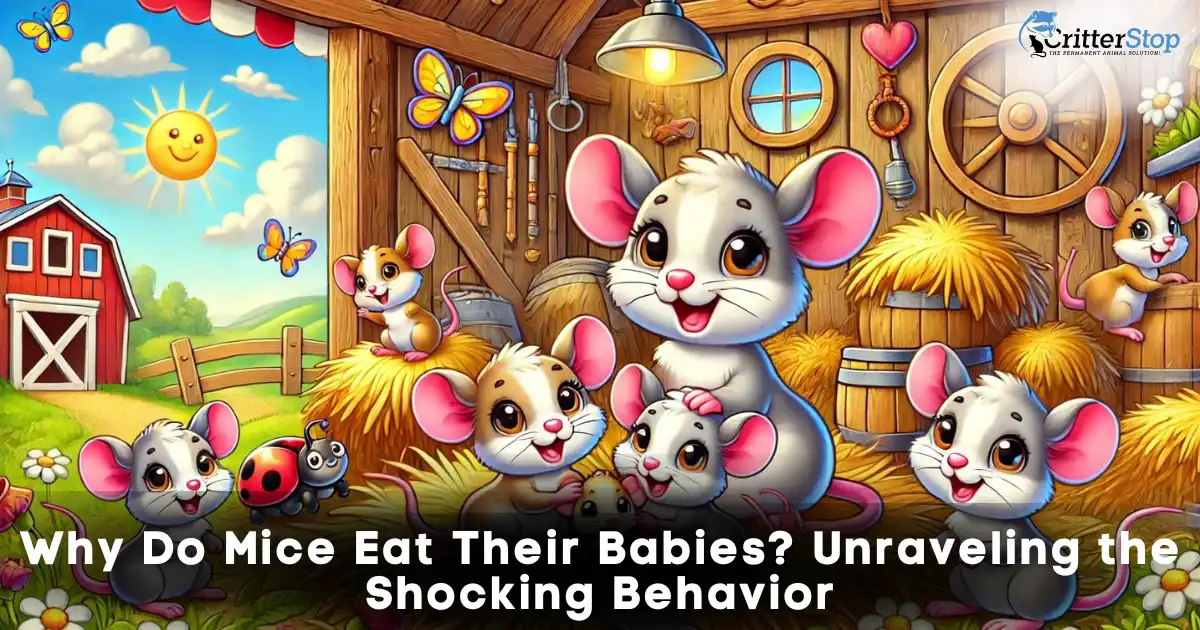
Infanticide, the act of a parent consuming its offspring, is a perplexing and distressing behavior observed in mice. This phenomenon, while unsettling, is a part of the natural world and can be attributed to several factors. In this article, we delve into the underlying reasons why mice might eat their babies, providing a comprehensive look at the environmental, biological, and psychological triggers that lead to this behavior.
One additional aspect to consider is the role of genetic predispositions. Certain genetic strains of mice may be more prone to this behavior due to inherited traits. Research indicates that specific genetic markers can influence maternal behavior, including infanticide. Understanding these genetic factors can help in breeding programs aimed at minimizing this behavior.
Moreover, these genetic predispositions often interact with environmental factors, creating a complex interplay that determines the occurrence of infanticide.
By studying these genetic influences, scientists hope to develop more effective strategies for preventing infanticide in both wild and captive mouse populations.
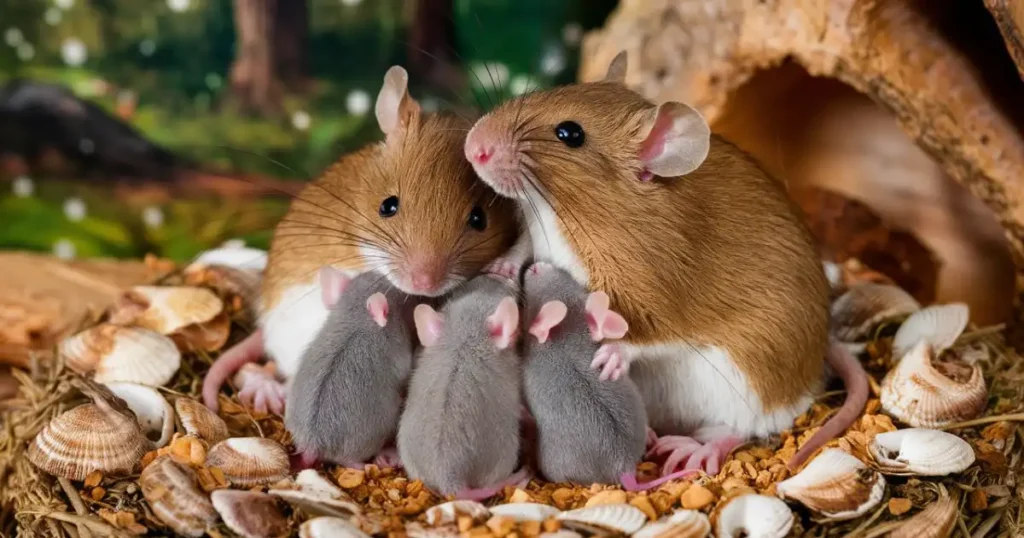
One of the primary reasons mice may resort to eating their young is environmental stress. Mice, like many other animals, are highly sensitive to their surroundings. When faced with harsh conditions, such as extreme temperatures, overcrowding, or insufficient food and water supplies, female mice may perceive these conditions as unsuitable for raising offspring. In such scenarios, consuming their young can be seen as a drastic measure to conserve resources and increase the mother's chance of survival and future reproductive success.
Nutritional deficiencies play a significant role in this behavior. Mice require a well-balanced diet to sustain themselves and their offspring. When female mice suffer from malnutrition, they might not produce enough milk to nourish their babies. In a desperate attempt to recover lost nutrients, a mother may consume her weak or sickly young to redirect these nutrients back into her body, ensuring her own survival and potential future fertility.
Mice are known for their strong maternal instincts, but these instincts also include making difficult decisions about the viability of their offspring. If a litter contains sickly, deformed, or weak babies, a mother might choose to consume these individuals. This harsh action is a way to invest her limited resources in the healthier offspring, thereby increasing their chances of survival. This behavior ensures that the strongest genes are passed on to future generations.
Hormonal fluctuations can also influence infanticide in mice. The hormonal state of a female mouse post-partum plays a critical role in her maternal behavior. Changes in hormone levels, particularly a drop in oxytocin and prolactin, can lead to increased stress and anxiety, potentially triggering infanticide. Additionally, male mice might exhibit this behavior if they perceive the young as not their own, which can occur due to hormonal cues or the scent of another male.
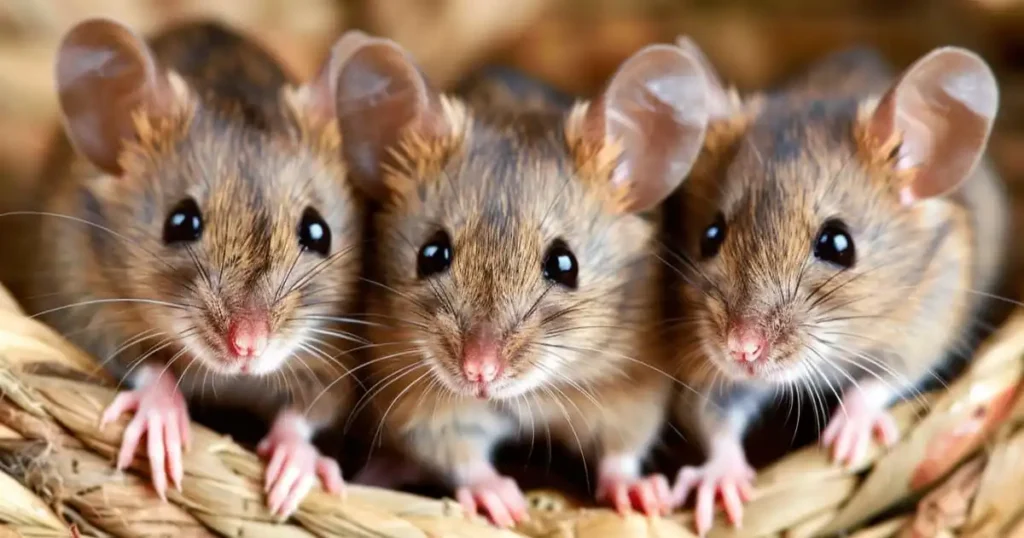
Social hierarchies within mouse colonies can lead to infanticide. Dominant females might kill and consume the offspring of subordinate females to eliminate future competition for resources and mating opportunities. This behavior ensures that the dominant female's genes have a better chance of being passed on to the next generation.
In some cases, infanticide can be linked to pathological conditions or psychological stress. Mice subjected to chronic stress, whether due to poor housing conditions, constant threat of predators, or lack of environmental enrichment, may develop abnormal behaviors, including infanticide. Addressing these environmental and psychological factors is crucial for preventing such behavior in captive settings.
Understanding the reasons behind infanticide in mice is essential for developing effective prevention and management strategies. Providing an optimal environment with adequate food, water, and nesting materials can significantly reduce the stress levels in pregnant and nursing females. Ensuring a well-balanced diet rich in essential nutrients helps prevent malnutrition and supports the health of both mother and offspring.
From a genetic standpoint, infanticide can be viewed as an evolutionary strategy. In the wild, resources are often limited, and the survival of the fittest becomes a driving force in animal behavior. By eliminating weaker offspring, a mother mouse may increase the overall genetic quality and survival chances of her remaining young. This behavior can be seen as a natural selection process, ensuring that only the strongest genes are passed on to future generations.
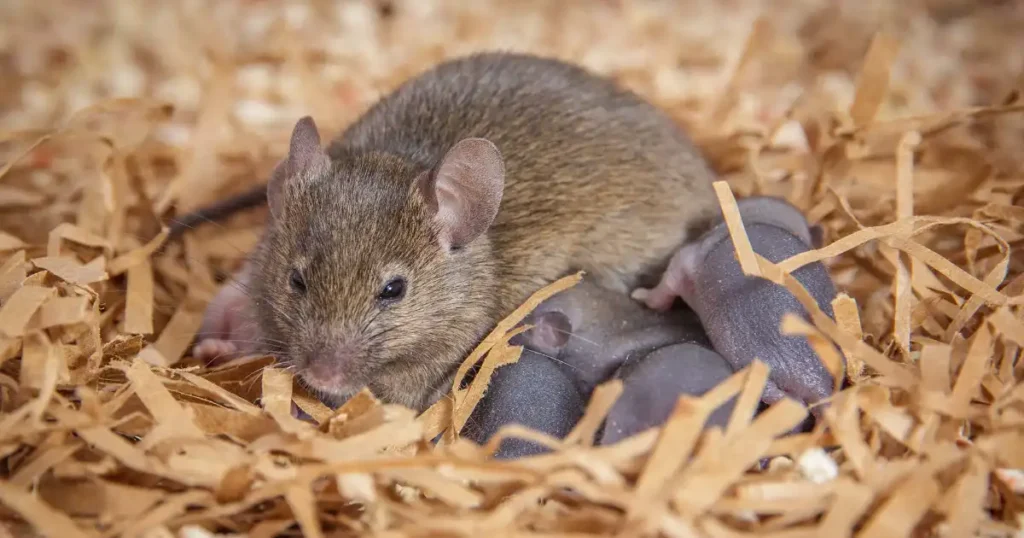
In captive breeding programs, infanticide can pose a significant challenge. Understanding and mitigating this behavior is crucial for the success of these programs. Implementing strategies such as environmental enrichment, social stability, and stress reduction can help reduce the incidence of infanticide. Enrichment activities that mimic natural behaviors, such as providing nesting materials and opportunities for foraging, can alleviate stress and promote maternal care.
Early life experiences can profoundly influence the likelihood of infanticide in mice. Studies have shown that mice raised in environments with high levels of stress or poor maternal care are more likely to exhibit infanticide as adults. This indicates that early environmental conditions play a crucial role in shaping adult behavior. Providing a stable and nurturing environment during the early stages of life can help reduce the risk of infanticide in future generations.
Conducting behavioral and physiological assessments can provide valuable insights into the health and well-being of mice. Monitoring stress levels, hormonal profiles, and overall health can help identify individuals at risk of infanticide. Early intervention and targeted support can prevent the occurrence of this behavior, ensuring the survival and well-being of the offspring.
Addressing infanticide in mice raises important ethical considerations and welfare implications. Ensuring that mice are kept in environments that meet their physical and psychological needs is paramount. Researchers and caretakers must strive to create conditions that promote natural behaviors and minimize stress. This includes providing adequate space, social interactions, and environmental enrichment.
Ongoing research is essential to fully understand the complexities of infanticide in mice. Future studies should focus on identifying specific genetic, hormonal, and environmental factors that contribute to this behavior. Additionally, exploring interventions that can mitigate stress and promote maternal care will be crucial in preventing infanticide. Collaboration between researchers, veterinarians, and animal welfare organizations can lead to the development of effective strategies to address this issue.
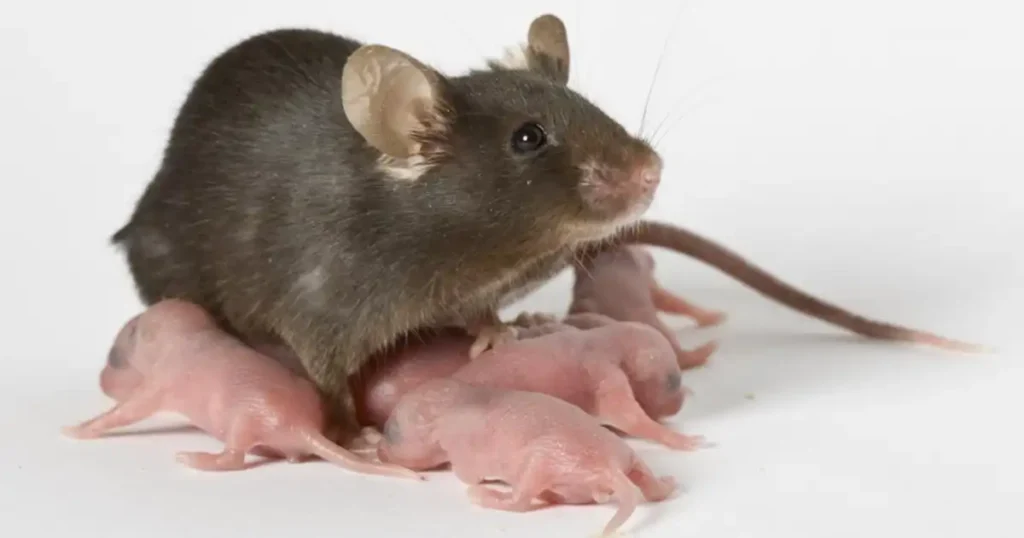
Mice may eat each other due to resource scarcity, territorial behavior, or stressful environments. These factors can drive them to cannibalism as a survival or dominance tactic.
Mice gnaw on wires to keep their teeth in check. The insulation on wires mimics plant materials, making them an attractive chewing target, which can cause significant damage and fire hazards.
Cats eat the heads of mice to access the nutrient-rich brain. This behavior also reflects their predatory instincts and ensures the prey is completely subdued.
Mice eat clothes for nesting material and nutritional content. Fabric provides warmth for nests, and any residues on clothes can attract them for nutrition.
Mice, notorious for their persistent presence and destructive tendencies, often invade properties with relentless determination. When faced with the nuisance of mice infestations or the need for effective extermination services, the solution can be found with Critter Stop.
As a professional humane wildlife removal company, Critter Stop offers high-quality work and excellent customer service. Their expert team is trained to handle mice infestations in a humane and effective manner, ensuring both the removal of the pests and the prevention of future infestations. With a fantastic reputation and numerous positive customer reviews, Critter Stop is your go-to solution for mice exterminator needs.
If mice are causing problems, such as gnawing on wires, damaging property, or contaminating food, there are humane ways to address the issue.
At Critter Stop, we have provided our mice removal services for years in the North Texas area, helping customers protect their family, pets, and property from the damages caused by mice.
Contact us at (214) 234-2616 to get a free estimate of our services.
Visit our Critter Library and learn more about our furry friends